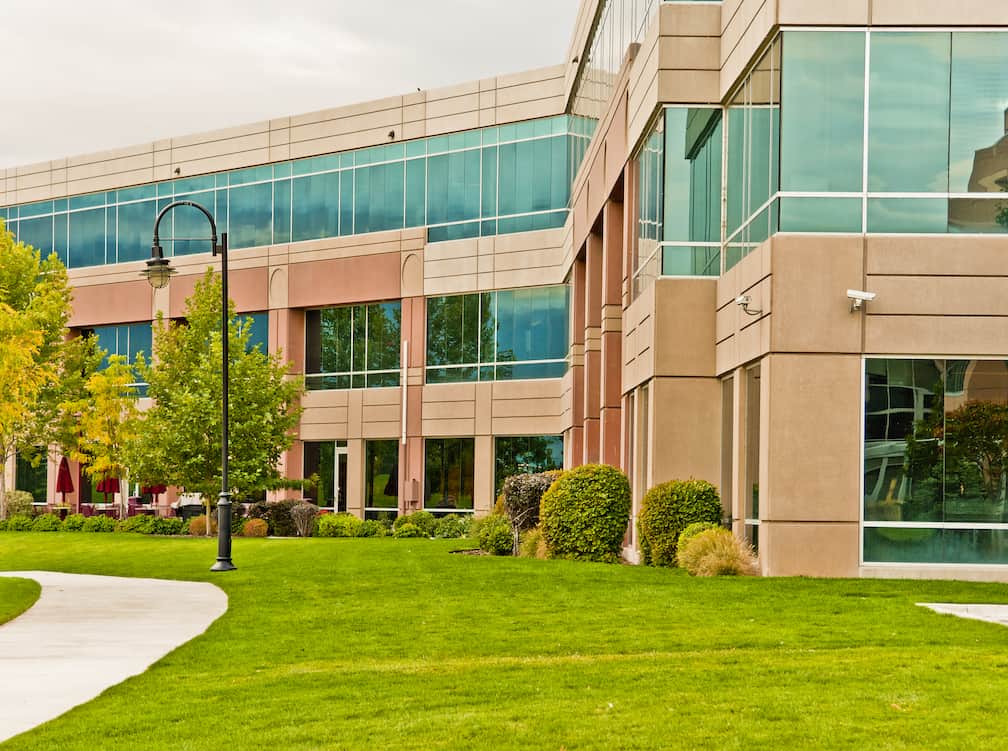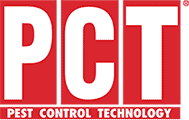As businesses start to reopen, expand hours or welcome back employees, it is important for business owners and commercial property managers to take action to protect their operations from unwanted pests.
The impact of the pandemic on pests has been minimal by comparison to businesses and commercial properties. Cockroaches, rodents and bed bugs don’t know there is a pandemic going on and, frankly, they wouldn’t care even if they did. Their focus has remained on finding easily accessible sources of food, water and harborage while annoying residents and employees, and threatening food supplies.
As businesses across Missouri, Illinois and Kansas start to reopen, expand hours or welcome back employees, it is important for business owners and commercial property managers to take action to protect their operations from unwanted pests.
“As businesses reopen or increase hours and add staff, the risks of pest activity increasing becomes higher,” said Jason Everitt, A.C.E., technical director of Rottler Pest Solutions. “More people mean more garbage and food waste being produced which attracts pests, and when combined with warmer temperatures, pest pressure will increase.”
Commercial properties have likely been operating under three scenarios during the pandemic and each one requires a pest management strategy.
- Open with reduced capacity or hours of operation.
- Closed for a period but are preparing to reopen.
- Closed and do not have a reopening date identified.
What can business owners and property managers do to strengthen their pest management programs as they get back to business?
Schedule A QA Inspection
The first thing is to schedule a quality insurance (QA) inspection that includes a top to bottom inspection and assessment to find out what’s been going on when it comes to pests. If a business has been closed, pests literally have had free run of your property and have added to existing infestations or started new ones.
“An inspection will identify new pest issues that may have cropped up during a closure or reduced hours of operation that need attention,” said Everitt. “This will help you reopen with confidence and a clean slate when it comes to pests.”
A QA inspection includes reviewing the interior and exterior of a commercial property for signs of pest activity or pest conducive conditions including:
- Rodent droppings
- Dead or live insects
- Sanitation/structural conditions
- Vegetation overgrowth
- Dumpster condition
- Rodent proofing and exclusion
Electrical, plumbing and HVAC conduits, for example, are often overlooked access points for pests including ants and rodents.
Monitoring for insect and rodent activity is another important element of the process. You can get a good idea from a sticky trap or monitoring device as to the level of pest pressure and the possible source of the infestation.
Open for Business and Pests
For businesses that have remained open, pest management programs should be delivered with minimal interruption to day-to-day operations. They should also provide confidence to business owners, property managers, and their customers, guests, residents and employees that pests won’t adversely impact their ability to stay open.
A service added during the pandemic by commercial properties is disinfection services. Protecting employees, customers and residents from potentially harmful bacteria and viruses is a top priority for business owners and property managers. The service can mitigate risks and restore confidence that the property is safe to visit, work or live in.
Ready to Get Back in the Game
For properties preparing to reopen, it is important to create a pest-free environment for employees and customers to return to.
Closed buildings could be under increased risk for rodent and pest incursions. Dry drains provide flies and cockroaches with access routes, and that is why it’s important to get caught up on preexisting pest issues, as well as address new ones.
As mentioned earlier a reopening plan includes a thorough inspection of the property to identify potential pest ‘hot zones’ including:
- Refuse areas
- Kitchens
- Bathrooms
- Customer areas
- Offices
- Other pest prone areas (loading docks, entryways, landscaping near structures, etc.)
Closed With No Reopen Date
In commercial properties that are closed and do not have a set reopening date, the absence of humans could have allowed pests to go undisturbed. Reduced availability of food and water sources has also changed pest behavior.
Seeing rodent activity outdoors during the day because their normal food sources have been eliminated or noticing increased fly and cockroach activity due to dried-up drains, sanitation or structural issues have been more common.
It is important for business owners and property managers to maintain a regular service schedule even if they are closed.
If your business is looking for a pest management partner that goes the extra mile to design and deliver comprehensive integrated pest management programs, call Rottler Pest Solutions at 636-249-1601 for a free QA inspection, consultation or training for your staff.


